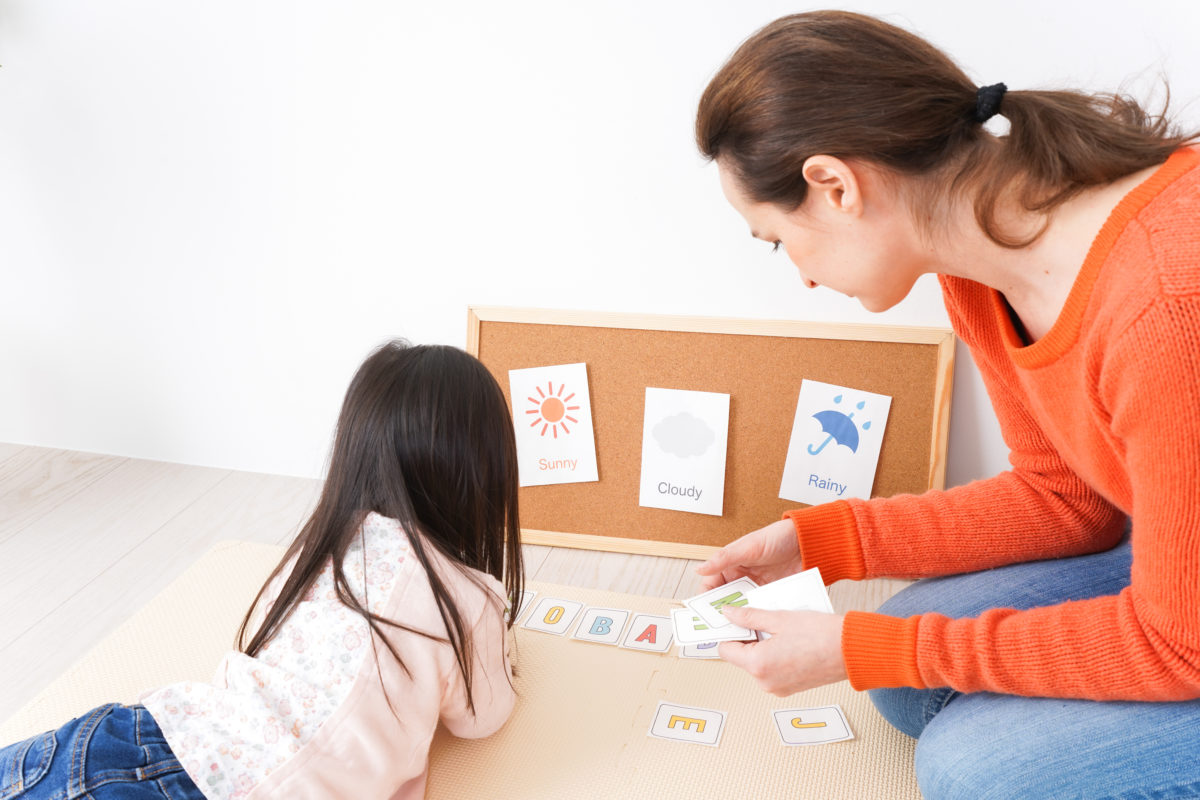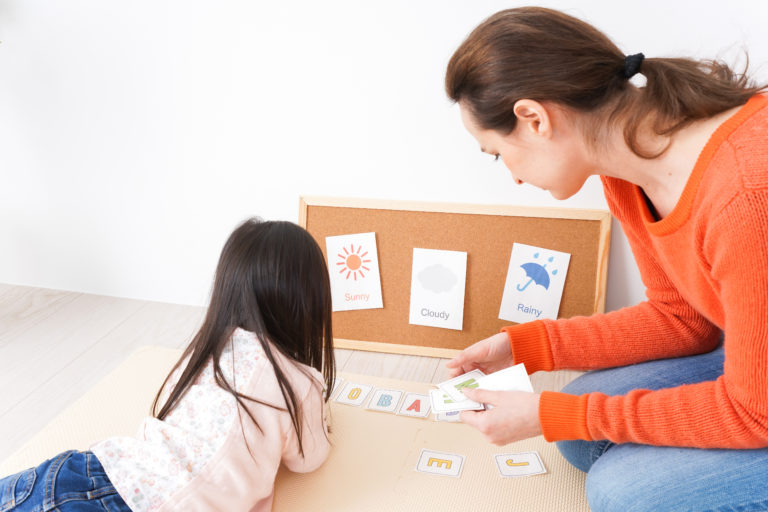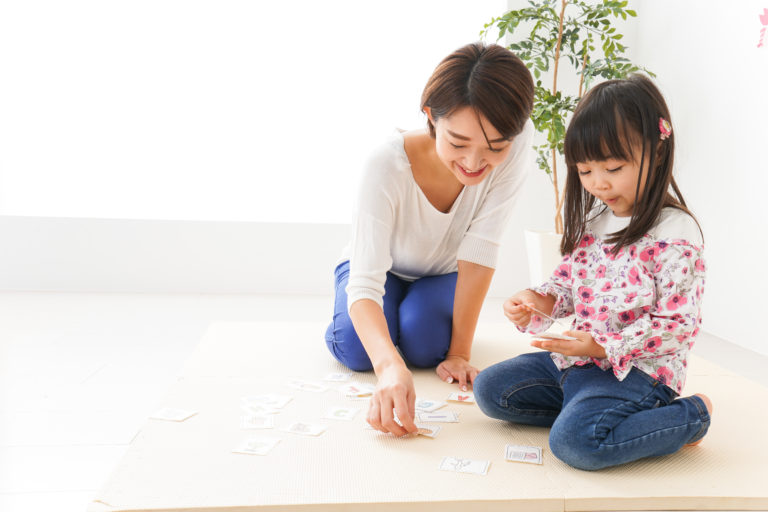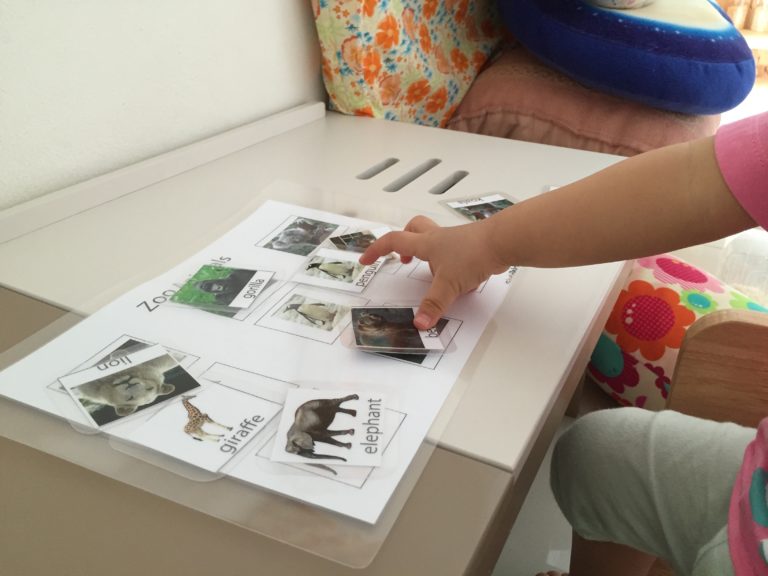Parenting Tips
How to effectively calm children when dealing with parent-child conflicts?

Source: Parenting Education Specialist, Ken Sir
From time to time, conflicts may arise between children and adults. In handling these conflicts, communication skills with children are very important, and there is a big difference between starting with “you” and starting with “I.”
Once, I was at the elevator entrance and saw a child trying to press the elevator button, but another child pressed it first. The child’s emotions immediately became volatile, and although the mother tried to bend down and deal with the situation, she found it difficult to calm the child’s emotions. What was involved in the situation?

This involves the mother using a few phrases, including “don’t cry”, “what do you want?” or “do you want me to go down to the next floor and let you press the button?” I want to remind parents that if they want to calm a child’s emotions, they should avoid using these types of phrases.
If we want to calm a child’s emotions, we can try using “I” at the beginning of the sentence, such as “I see you…”, “I know that you really want…”, and “Mom and Dad understand you”. When a child hears these words from their perspective, they will feel that you are on their side rather than opposing them.
In this way, through your body language—calming and hugging—it helps the child gradually learn to be calm and then slowly instill what you want to teach them. This would be very good.

















